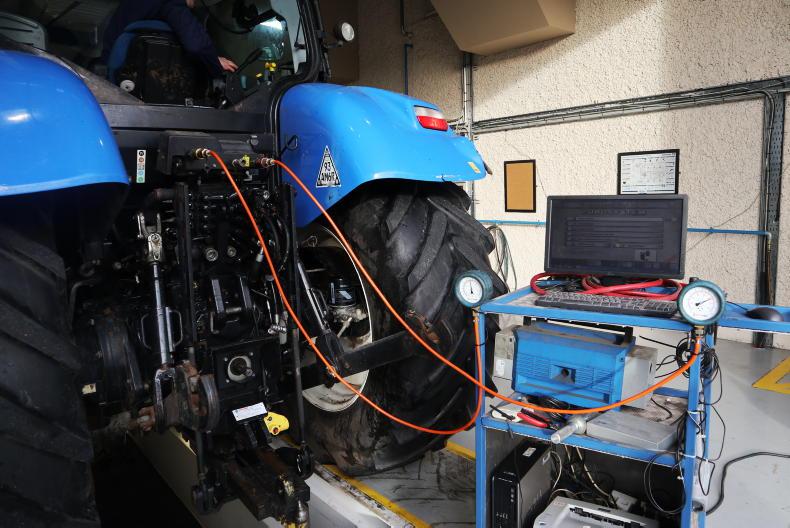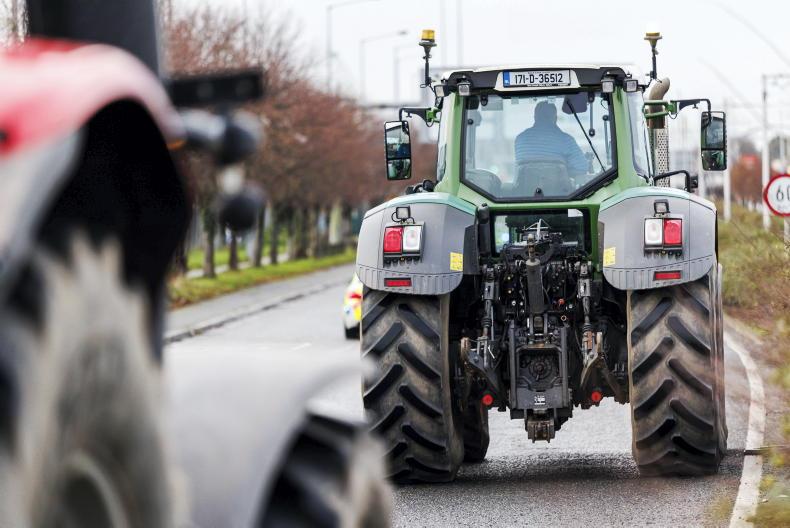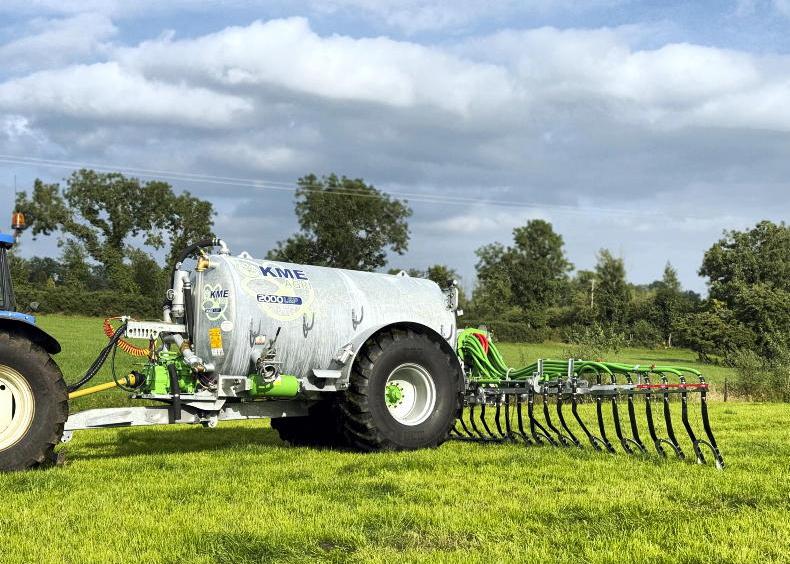French tractor maker, Massey Ferguson has announced that its engineering department is leading a project to develop what it describes as ‘smart’ hydrogen storage tanks, which will be specifically designed for use in hydrogen combustion tractors and other off-road heavy applications.
As part of the project, a hydrogen-fuelled prototype mid-frame tractor is set to be built by 2026 and is to be fitted with a hydrogen-fuelled engine built by sister company AGCO Power in Nokia, Finland.
In order to develop these specially designed storage tanks, Massey Ferguson is leading a newly created French consortium named Arhystote. Comprising five other French companies, the partnership has received €4.4m from the French state as part of an energy transition program.
The project will undertake eight steps, including analysis, manufacture and initial testing of the tank design proving feasibility and a clear route to industrialisation and integration into a future Massey Ferguson hydrogen tractor.
“The zero emissions (at exhaust) demonstrator tractor will be based on the characteristics of the conventional Massey Ferguson mid horse-power tractor platform and will leverage Massey Ferguson’s Eco-design approach, as well as the full potential of a highly capable AGCO Power engine,” says Frédéric Cavoleau, vice president of engineering at the AGCO’s Beauvais facility in France.
“This engine concept will bring significant development cost reductions for the overall tractor because it is built on a familiar design and architecture. Moreover, the cooling, transmission and hydraulic systems are similar to these used in diesel engines, while seamlessly integrating the newly developed hydrogen tanks under the cab.”
On-board storage is a critical component of hydrogen powered off-road machines. Hydrogen needs to be compressed using high pressure to store enough to meet duty cycle requirements.
Meanwhile, JCB continues to real-world test its hydrogen combustion engine equipment on customer sites having been granted the necessary licencing from European authorities for hydrogen engines to be commercially used in machines.
For now, the manufacture of ‘green’ or environmentally friendly hydrogen remains a limiting factor to the viability of hydrogen combustion engines.
Partners contributions to the project
AGCO is already developing hydrogen combustion engines through research and development work done at the engine production plant of AGCO Power in Nokia, Finland. Cetim will contribute its technical skills to the project, especially in relation to the material aspects to design and manufacture high-pressure composite thermoplastic tanks.RAIGI will contribute its expertise in the manufacture of hydrogen liners for the project. These parts are vital to ensure the hydrogen storage is both efficient and safe.IFTH will oversee the spinning of thermoplastic formulations integrating pigments, design and implementation of the functional thread (sensor, detector, etc.).CT-IPC will contribute to developing innovative liner for the hydrogen a pioneering technical center dedicated to developing advanced liners, using new thermoplastic compounds. Its mission extends to creating sustainable solutions for hydrogen tanks based on thermoplastic composites, utilising recycled materials to ensure eco-friendly and high-performance composites.OliKrom will contribute its skills in photochemistry, and its expertise in developing intelligent materials with calibrated properties. The aim is to develop hydrogen and shock-sensitive pigments.
French tractor maker, Massey Ferguson has announced that its engineering department is leading a project to develop what it describes as ‘smart’ hydrogen storage tanks, which will be specifically designed for use in hydrogen combustion tractors and other off-road heavy applications.
As part of the project, a hydrogen-fuelled prototype mid-frame tractor is set to be built by 2026 and is to be fitted with a hydrogen-fuelled engine built by sister company AGCO Power in Nokia, Finland.
In order to develop these specially designed storage tanks, Massey Ferguson is leading a newly created French consortium named Arhystote. Comprising five other French companies, the partnership has received €4.4m from the French state as part of an energy transition program.
The project will undertake eight steps, including analysis, manufacture and initial testing of the tank design proving feasibility and a clear route to industrialisation and integration into a future Massey Ferguson hydrogen tractor.
“The zero emissions (at exhaust) demonstrator tractor will be based on the characteristics of the conventional Massey Ferguson mid horse-power tractor platform and will leverage Massey Ferguson’s Eco-design approach, as well as the full potential of a highly capable AGCO Power engine,” says Frédéric Cavoleau, vice president of engineering at the AGCO’s Beauvais facility in France.
“This engine concept will bring significant development cost reductions for the overall tractor because it is built on a familiar design and architecture. Moreover, the cooling, transmission and hydraulic systems are similar to these used in diesel engines, while seamlessly integrating the newly developed hydrogen tanks under the cab.”
On-board storage is a critical component of hydrogen powered off-road machines. Hydrogen needs to be compressed using high pressure to store enough to meet duty cycle requirements.
Meanwhile, JCB continues to real-world test its hydrogen combustion engine equipment on customer sites having been granted the necessary licencing from European authorities for hydrogen engines to be commercially used in machines.
For now, the manufacture of ‘green’ or environmentally friendly hydrogen remains a limiting factor to the viability of hydrogen combustion engines.
Partners contributions to the project
AGCO is already developing hydrogen combustion engines through research and development work done at the engine production plant of AGCO Power in Nokia, Finland. Cetim will contribute its technical skills to the project, especially in relation to the material aspects to design and manufacture high-pressure composite thermoplastic tanks.RAIGI will contribute its expertise in the manufacture of hydrogen liners for the project. These parts are vital to ensure the hydrogen storage is both efficient and safe.IFTH will oversee the spinning of thermoplastic formulations integrating pigments, design and implementation of the functional thread (sensor, detector, etc.).CT-IPC will contribute to developing innovative liner for the hydrogen a pioneering technical center dedicated to developing advanced liners, using new thermoplastic compounds. Its mission extends to creating sustainable solutions for hydrogen tanks based on thermoplastic composites, utilising recycled materials to ensure eco-friendly and high-performance composites.OliKrom will contribute its skills in photochemistry, and its expertise in developing intelligent materials with calibrated properties. The aim is to develop hydrogen and shock-sensitive pigments. 









SHARING OPTIONS